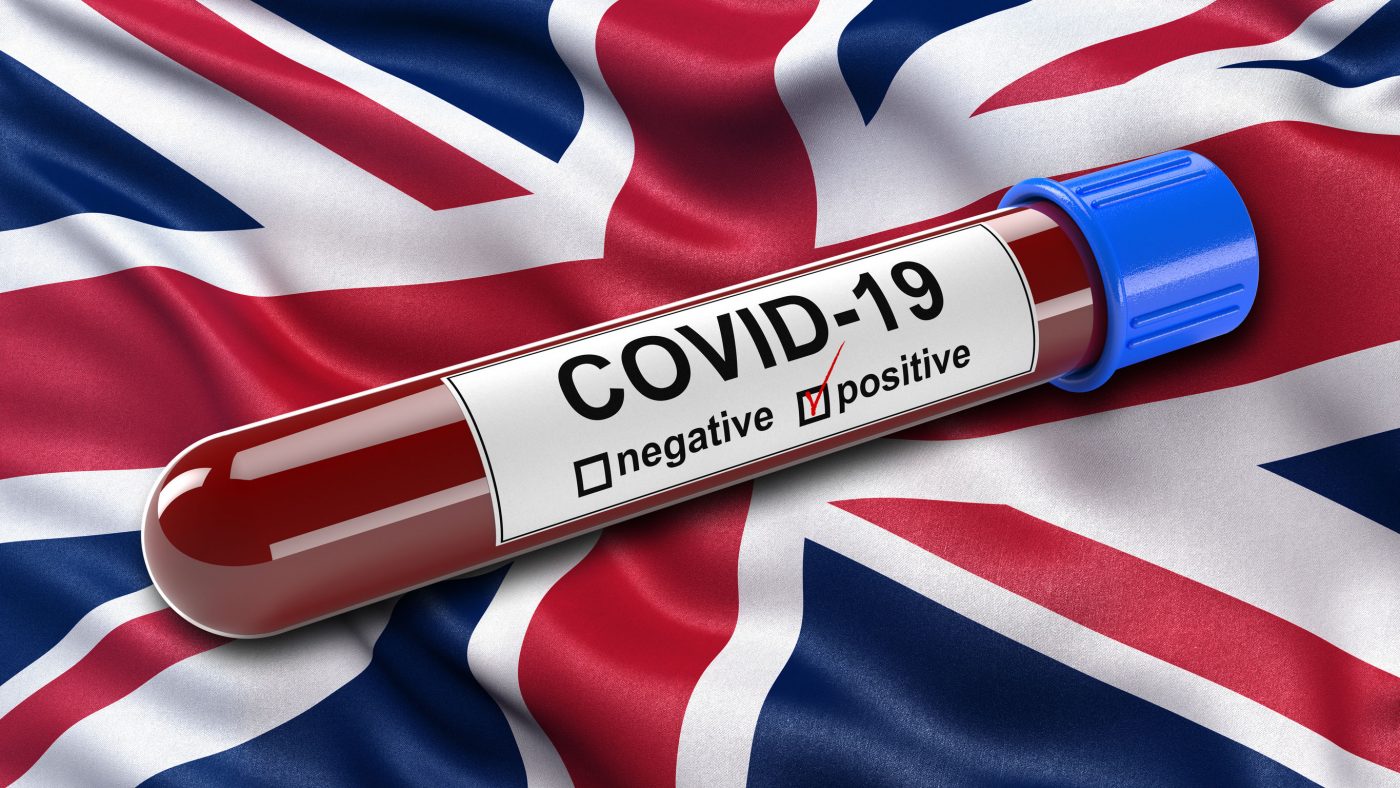Uncategorized
Coronavirus: Lessons Learned 2020
It is no secret that the throngs of Coronavirus have consumed citizens and societies of the world, sending 2020 into a chaotic spiral of mass panic and medical overwhelm. While, inevitably, countries have handled the spread and restrictions of COVID-19 very differently, it would be naive to suggest that many countries weren’t reluctant to understand the severity of the virus at the very beginning. With a worldwide death toll of over 290,000, there is much speculation as to whether governments handled the outbreak effectively, or if nature was just due to run its’ course regardless. With a global pandemic, a completely alien situation to many of us, handling of the outbreak came at a shock to many leaders worldwide, with many left with no choice but to take it in their stride. Much like a project of any kind, it’s important to review the strategic elements that can be learned from in order to prevent a similar situation happening again.
It’s Better to be Overprepared Than Underprepared
This lesson comes with the mixed responses to the way the UK government handled the containment and addressing of the pandemic. Boris Johnson has come under great scrutiny for his initial plan to increase ‘herd immunity’ before rapidly changing stances to enforce a nationwide lockdown just days later. Many Britons understandably felt confused with the indecisive nature of the, potentially lethal, turn of events that led to the exposure of thousands of individuals prior. Boris Johnson has received backlash from Italy, Spain and other EU countries; with belief that the only nation to handle the outbreak worse was the US. The lesson that should be taken from this catastrophic turn of indecisive events is to overprepare before irreversible damage is done. Meaning, lockdown should have been enforced earlier and with definitive guidelines demonstrating the severity of the disease. However, many of the consequences were not entirely the British government’s fault, the belief systems of many UK individuals meant that the comprehension of COVID-19 only really became apparent when death tolls began to rise by hundreds every day. A better government-citizen relationship would have resulted in greater trust, authority and implementation. Yet, following the UK’s Brexit plan just months before the Coronavirus outbreak, maybe it was just bad timing.
Reduce Outsourcing
One of the most crucial situations which has emerged from the pandemic is the vital lack of PPE (Personal Protective Equipment) throughout the UK for key workers, including those working on the front-line in hospitals and care homes. While also not having anywhere near enough equipment, the PPE which was being imported was often faulty and unusable. This comes after the delivery of almost half a million gowns which were rendered useless with the much lower standards of Turkish healthcare policies. Since Britain has primarily moved away from manufacturing in the last half-century, it sparks debate about whether the UK should not rely so heavily on outsourced goods to provide for the nation in times of need. This comes with a growing sense of nationalism as the UK has seen great increase in acts of compassion and general community togetherness, which may introduce a greater sense of national pride in promoting British-made goods.
Make Testing a Priority
The UK has fallen short on testing since the very beginning. With new measures in place to deliver and provide testing kits to those who need them, this number has slowly began to increase. However, it comes with speculation that it’s just too little too late. The early numbers of testing were falling up to 80,000 short of the projected targets, meaning thousands of people who were infected were going untested each day. A more robust strategy for widespread testing should have been implemented and made a priority from the beginning. Many healthcare workers were not getting the access needed to coronavirus tests to ensure their safety while working on the front-line.
Look After One Another
This lesson comes after the extreme animosity seen throughout the world when the pandemic began to make serious headway and started infecting thousands worldwide. The saddening reality of the impending pandemic was to stockpile and hoard essential items, leaving none for the elderly, vulnerable or key workers. Throughout the UK this atrocity continued for weeks, with empty shelves leaving supermarkets looking like something from an apocalyptic movie. The optimists among us would hope that the threat of an oncoming virus would lead to acts of kindness, sharing supplies and remaining thoughtful of your neighbours and fellow residents. Much like something you’d have seen during World War II, which we were starkly reminded of following the 75th Anniversary of VE Day on the 8th of May. Supermarkets did impose certain restrictions on essential items to prevent stockpiling, and eventually the panic diminished enough for people to shop somewhat normally. It still poses the psychosocial question of selfishness over selflessness as a nation during times of crisis. Though not applicable to everyone, and having settled down in recent weeks, it’s still important to reflect on the behaviour of the nation in times of national panic, and thinking how it will have an effect on other vulnerable members of the community.
Should history repeat itself and leave us inundated with a worldwide strain of a deadly virus once again, I hope we have the courage to teach our future generations, and indeed remind ourselves, to act with kindness and integrity. It is so important to remember that humanity is the forefront of our existence, and if we have no compassion for others, then we have ultimately failed those past generations who fought so hard for us. This ‘Lessons Learned’ approach to the coronavirus situation is an important way to evaluate how individual situations have been handled on both a national and international scale.

